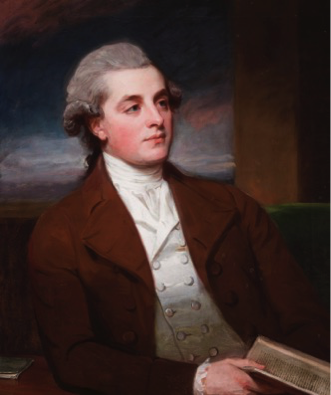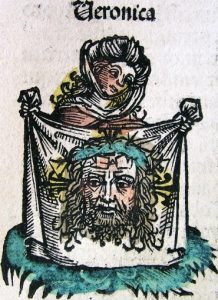CALL FOR PARTICIPANTS
21 –22 September 2023, The Paper Foundation, Burneside, Cumbria.
How do the making of literary texts and the making of paper shape one another? Paper is one of the most durable and ubiquitous materials in the history of writing surfaces. We conventionally associate paper with the unit of the codex or the sheet, but we also encounter paper in textual culture as endleaves in the form of printed ‘waste’, or in the envelopes and fragments which shaped the poems of Emily Dickinson, or in the work of contemporary book artists who use paper to challenge the very concept of the book. From the medieval period to the present day, writers, artists, and makers have given imaginative and physical form to paper whilst their creative work has in turn been shaped by paper’s materiality. Paper and Poetry: Invention Through Craft seeks participants to explore the historical and contemporary intersection between literary and material paper forms at the Paper Foundation in Burneside, Cumbria.
The Paper Foundation offers a unique opportunity for immersive paper-making from pulped rags to the drying and pressing of sheets using historical techniques. Alongside these practical elements of the symposium, a writing workshop led by poet Vona Groarke themed around surface, material, and flaw will offer participants the chance to respond creatively to the paper-making process; Orietta Da Rold will also lead a workshop on paper in the history of the book. Together these workshops will explore paper’s material and imaginative role in shaping literature from past to present day. Finally, participants will take part in roundtables to discuss the place of paper in their own writing and/or research, with around 15 minutes per speaker. We hope that these roundtables will reach across the creative-critical divide to explore the place and impact of paper-making in both academic and poetic writing. We welcome scholars working on paper in any field including literature, history, art history, and media studies, along with creative writers who engage with the materiality of their surfaces.
To apply, please send a 150-200 word abstract of your paper-based academic research or creative project to gemw2@cam.ac.uk, od245@cam.ac.uk, and vg373@cam.ac.uk by Friday 31st March 2023. Please also get in touch with any questions.
Topics of interest might include:
The role of paper in contemporary poetry
Paper in the literary imagination (in any period)
Paper in the history of painting, art, design
Craft, intellectual labour, and embodied knowledge
Paper and flaw/error/perfection
Paper and temporality/ephemerality
Paper and the history of the book
The Paper and Poetry convenors:
Orietta Da Rold (Professor in Medieval Literature and Manuscript Studies, University of Cambridge)
Tom Frith-Powell (Paper-Maker, The Paper Foundation, Burneside)
Vona Groarke (Writer-in-Residence, St John’s College, University of Cambridge)
Georgina Wilson (Research Fellow in Early Modern English, University of Cambridge)

